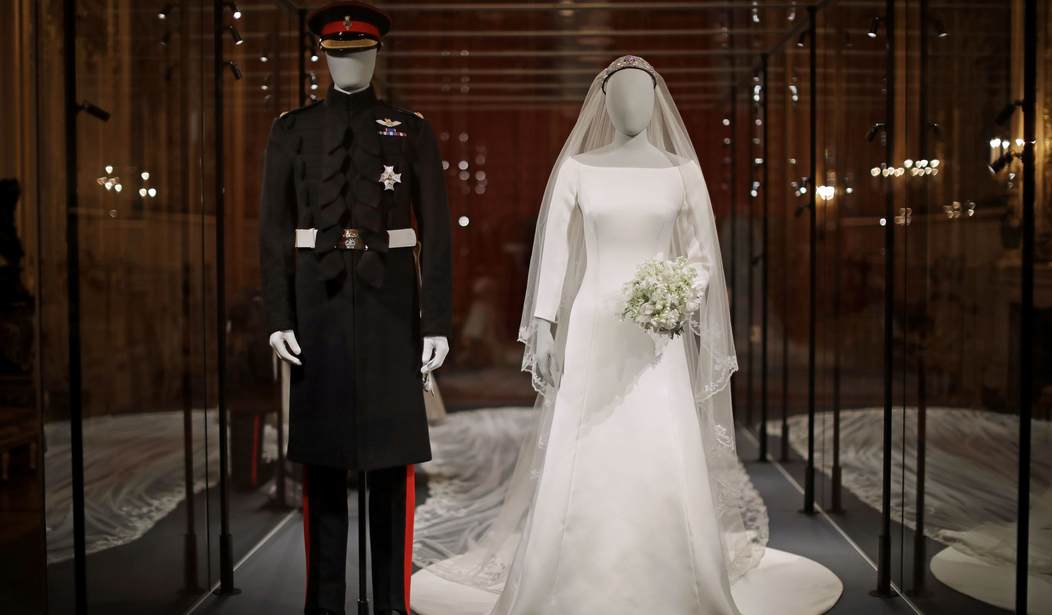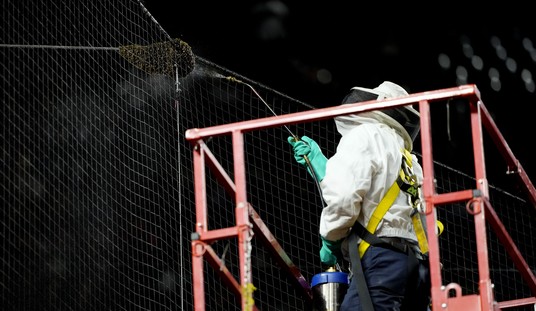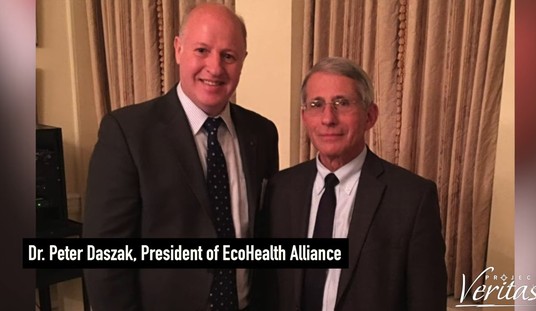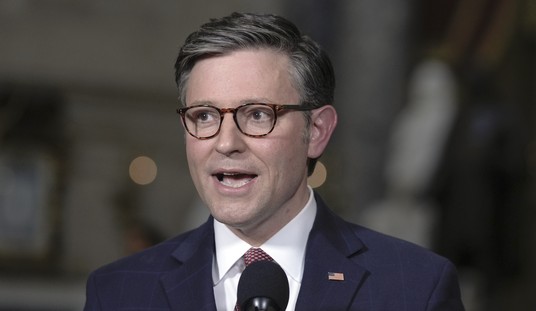I’ve got to hand it to them – Gen Z sure has some interesting ideas. A group of college-age individuals has created a rather striking take on matchmaking services.
"The Marriage Pact" is an annual matching service that has garnered attention and popularity on several college campuses across the country by turning a well-known cliché into reality.
Here’s how it works.
Let’s say you’re a college student busy with homework, tests, deciding on career objectives, and partying your butt off every chance you get. In this case, finding a suitable mate for marriage might not be as easy as it was back in the day.
Enter the Marriage Pact. Those interested will fill out a questionnaire to find a mate whose personalities match theirs. Then, the two individuals make a pact to marry each other if they are not already married by an agreed-upon age.
Essentially, the service helps young adults find a “backup spouse” in case life gets too busy for marriage, and they don't wish to start dating and trying to find a mate later in life. In this case, it is already set up for them.
Indeed, statistics show that the average age for getting married is much later than it was in the past.
Americans are delaying (or putting off altogether) getting married for longer than before, according to data from the U.S. Census Bureau. The median average age for men to first get married has risen to 30.2 years in 2023, while for women the figure is 28.4 years.
As the following chart shows, there has been a pretty steady upward trajectory to the present day since the 1950s, when the lowest median figures of 22.5 years for men were reached and just 20.1 years for women.
Data from Pew Research Center highlights how young adults in the U.S. are reaching other key life milestones later than before too. For 25 year olds in 2021 versus those of 40 years ago, the gap is particularly apparent for the social milestones of living on their own, being married and having children, while there is less of a difference between the two groups for the financial milestones of having a full-time job and financial independence.
Liam McGregor, one of the people involved in the project, told the Associated Press, “The idea is, if you think about everybody who goes to your college, surely there’s someone who is a good backup plan for you.”
McGregor indicated that the questions “are selected based on, hey, what do we need to know to have a 50-year relationship with someone? Can we make it a great one?”
As outlandish as this may seem, the project has already made over 230,000 matches so far, according to its website. The results appear to be mixed, but at least one couple is already preparing the wedding bells.
Many students do it with friends just for fun and don’t follow up. Others are ghosted after trying to make contact. A tiny fraction land in long-term relationships, even marriage.
Count Max Walker and Melia Summers in that last group. The two were New York University students when they did the pact in fall 2020. It was just a lark for both. He was in New York and she was at NYU’s Abu Dhabi campus. They chatted online for months, then Summers took a semester to study in New York.
Their first physical date, for pizza, was nearly a year after their match. Wedding bells will ring June 29. The quality of the match, according to the algorithm, was 99.65%
Take that, Tinder.
I’m pretty much a “to each his own” kind of guy, but I do see a couple of potential issues here.
For starters, let’s say the service works and matches a person with their perfect mate. In that case, my question is: Why wait? If you already find a person with whom you can spend the rest of your life, what’s the point of making them a “backup spouse” that you wait until your 30s or 40s to marry? It seems to me that starting a life together sooner would be more appropriate.
Moreover, if these people wait until they are older, will they still be compatible? People can change quite a bit over the years. By the time they reach the agreed-upon age, they might not be able to stand each other, meaning that they will have to go back to the drawing board anyway.
Nevertheless, it’s an interesting concept and could possibly be healthier than Tinder or other dating apps.













Join the conversation as a VIP Member